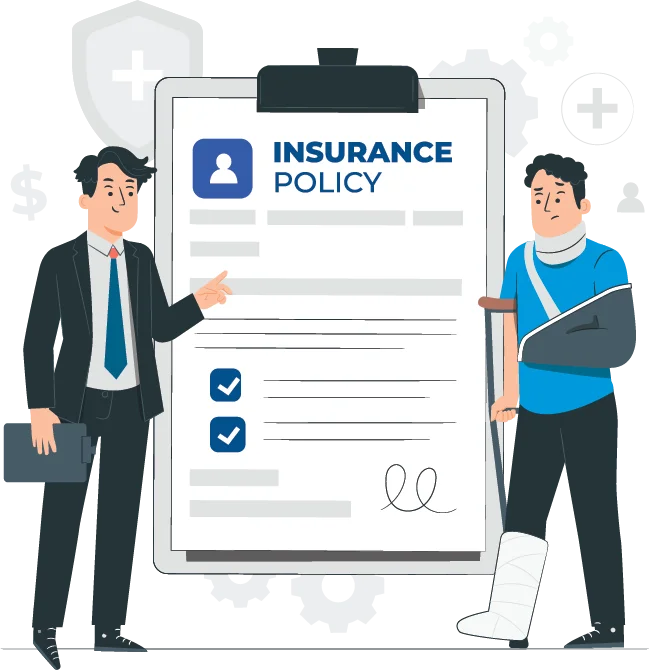Tax Benefits of Personal Accident Insurance Policy In India
As of now, under the Income Tax Act 1961, premiums paid for personal accident insurance do not qualify for tax deductions or exemptions under Section 80D or any other section that covers health insurance. Section 80D is primarily focused on premiums paid for medical insurance, which covers expenses relating to hospitalization and related medical expenses. It also includes health check-ups and preventative health care for self, spouse, dependent children, and parents, with deduction limits that vary depending on the age of the insured persons.
Note: Tax benefits may be subject to variation as a result of changes in tax laws.



 Life Insurance
Life Insurance Health Insurance
Health Insurance Pet Insurance
Pet Insurance Motor Insurance
Motor Insurance Travel Insurance
Travel Insurance Commercial Insurance
Commercial Insurance






